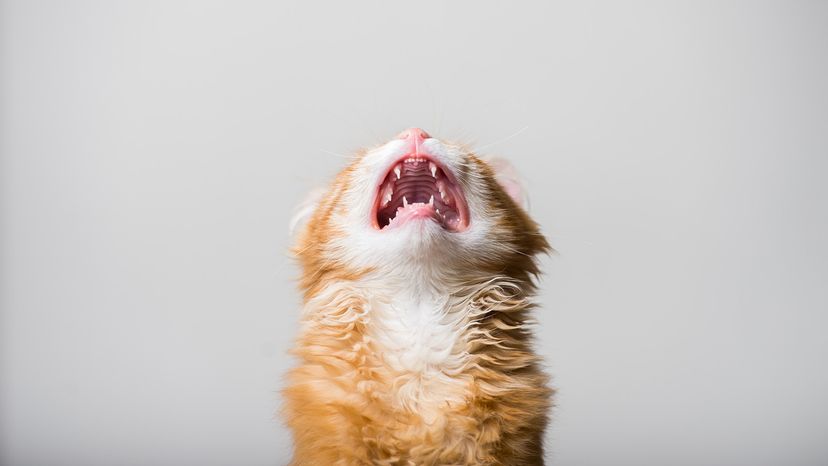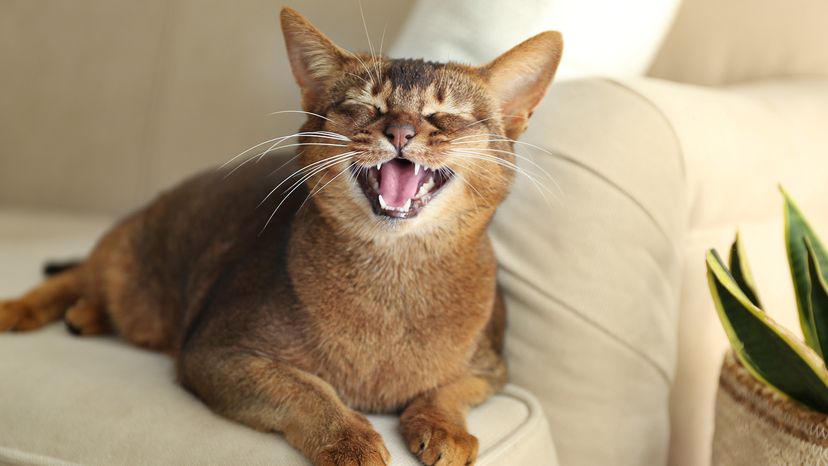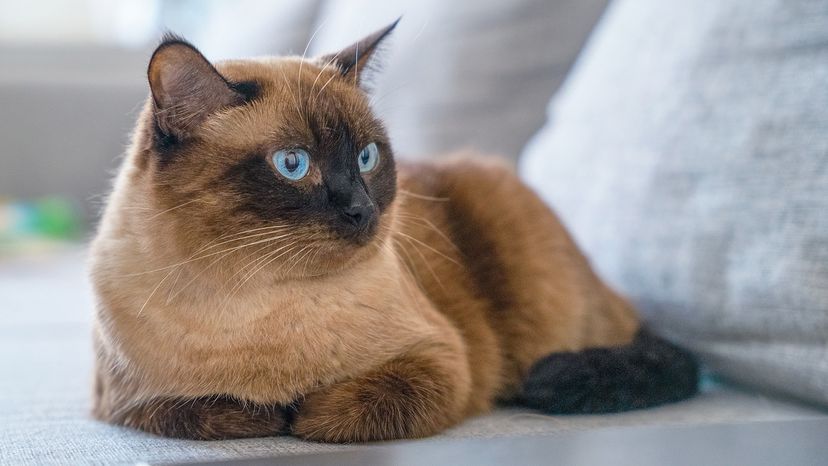Cats age, and their needs change. A cat's behavior might shift if there's been a new pet, a move, or time spent alone. If your cat wakes you by meowing at night, it might need more stimulation during the day.
If your cat is meowing to go outside, consider an outdoor cat enclosure or cat door. This allows safe exploration and may stop the meowing. On the flip side, indoor-outdoor cats often meow to gain access in or out, especially if something has recently changed in their routine.
During mating season, unspayed females and unneutered male cats may meow relentlessly. If your cat isn’t spayed or neutered, doing so can dramatically reduce vocal behaviors related to the heat cycle and breeding season.


